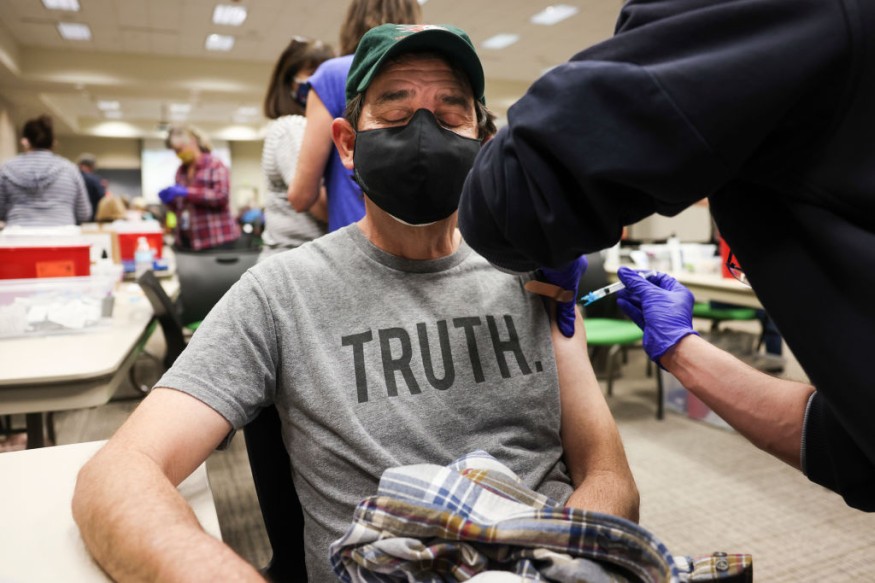The Centers for Disease Control and Prevention (CDC) released new COVID-19 safety recommendations for vaccinated individuals, allowing them to meet with other people indoors even without wearing masks or with another unvaccinated family member as long as they are at low risk of any severe illness.
According to BuzzFeed News, the issuance of these long- and much-awaited guidelines comes as the United States COVID-19 vaccinations have increased across the nation.
Around 59 million people have now gotten vaccinated or at least have one shot of the COVID-19 vaccine. Over 90 million doses of the vaccine have been shipped in the entire country.
Explaining the newly-released guidelines, during a White House Briefing, CDC Director Rochelle Walensky said the recommendations that the health agency issued are just initial steps.
Whether vaccinated people can get ill and transfer an infection is remains the big open question that will shape recommendations moving forward, she continued to explain.
For this reason, elaborated Walensky, vaccinated individuals need to still wear masks. The health official also cited an example saying, one can visit his grandparents if he has been vaccinated and they too, have had their shot of the vaccine.

CDC Guidelines
According to the latest-released CDC guidelines, as seen on CNBC TV's YouTube video below, fully vaccinated individuals can visit other fully vaccinated people indoors even without wearing masks or practicing physical distancing.
In addition, a fully vaccinated individual can visit an unvaccinated family with members who are at low risk of contracting a severe COVID-19 infection.
There's no need for fully vaccinated people to quarantine after being exposed to an individual infected with the virus if they're not experiencing any symptom of the disease.
Meanwhile, unvaccinated people from different households need to continue wearing masks, avoid having indoor gatherings, and practice physical distancing when with other people who have not yet been vaccinated.
These said recommendations, according to Walensky, did not change guidelines to avoid travel. She added that every time that there is a surge in travel, there comes a dramatic increase in cases in this country.
Efficacy of Vaccines in More Contagious Variants
The more transmissible B.1.1.7 variant of COVID-19, which was originally detected in the United Kingdom continues to appear in testing in the US. It is also anticipated to turn into a predominant variant of the virus nationwide this month.
Moreover, vaccines seem just as effective against the said UK variant as the original COVID-19 strain, although health experts, including Anthony Fauci, the National Institute of Allergy and Infectious Disease chief, have emphasized the need to get vaccinated with both shots of the two-shot vaccines to guarantee full protection from the variants.
The vaccines, which include the single-shot Johnson & Johnson vaccine that had been authorized in February, take two weeks to go into complete efficacy.
The CDC also came out with a report confirming that certain conditions like obesity, specifically in people aged 65 years and above, were a significant risk factor for severe COVID-19 cases, raising the chances of necessitating a ventilator or even dying.
RELATED ARTICLE : It May Feel Uncomfortable, But Wearing Mask During Exercise Should Not Damage Oxygen Intake
Check out more news and information on COVID-19 on Science Times.












